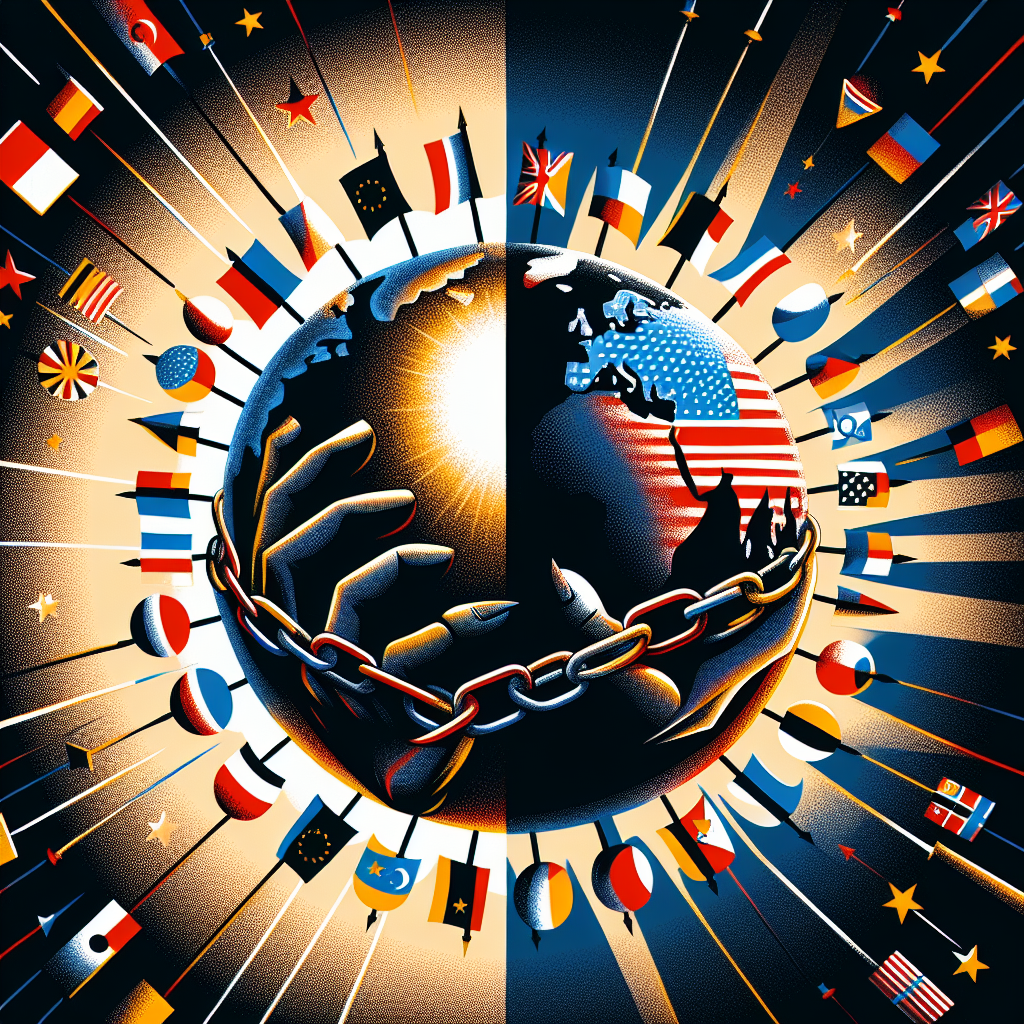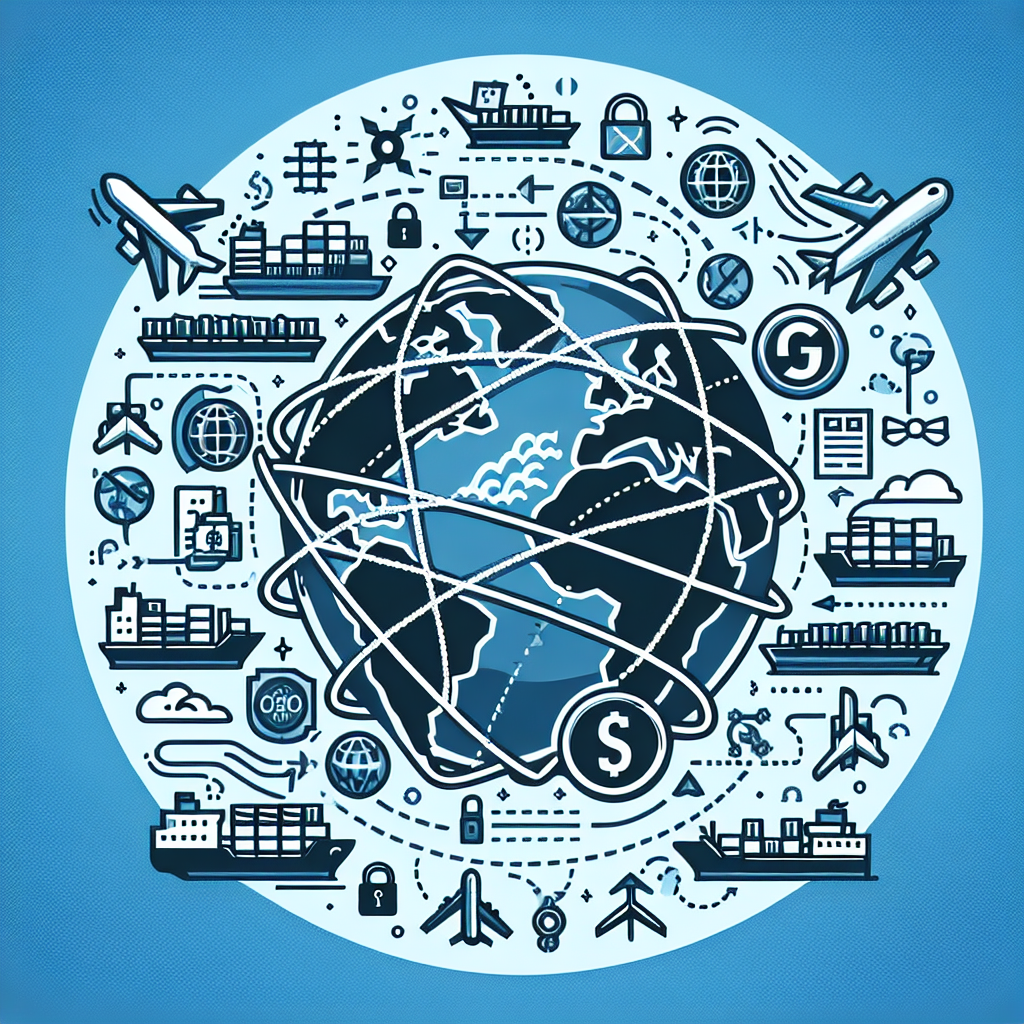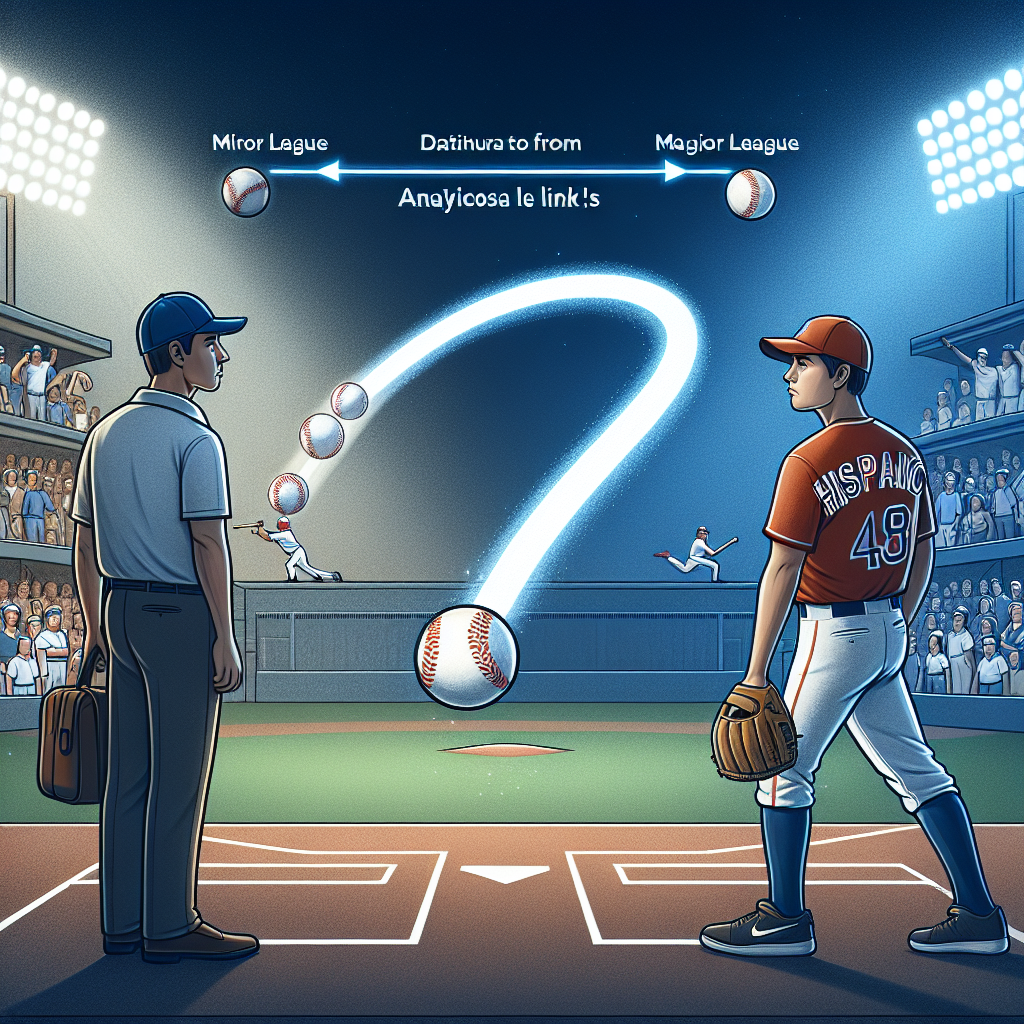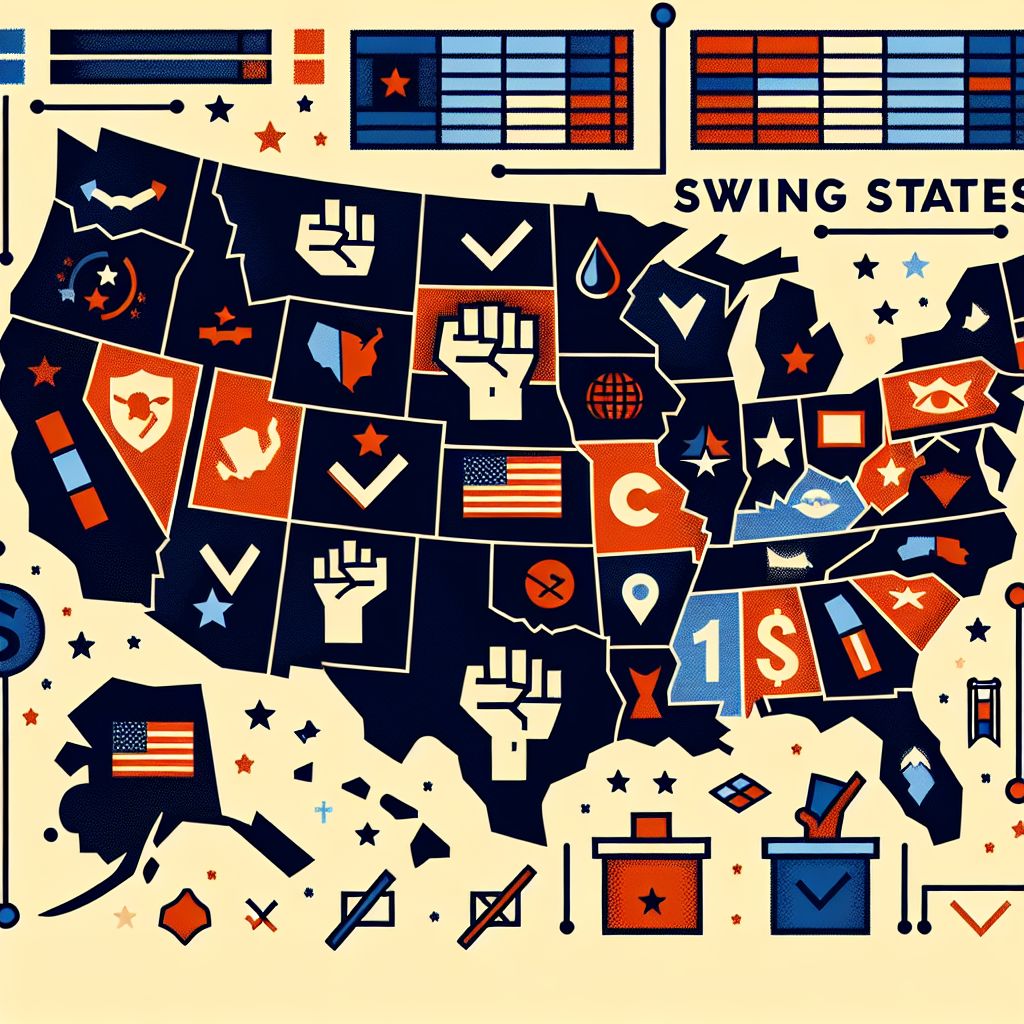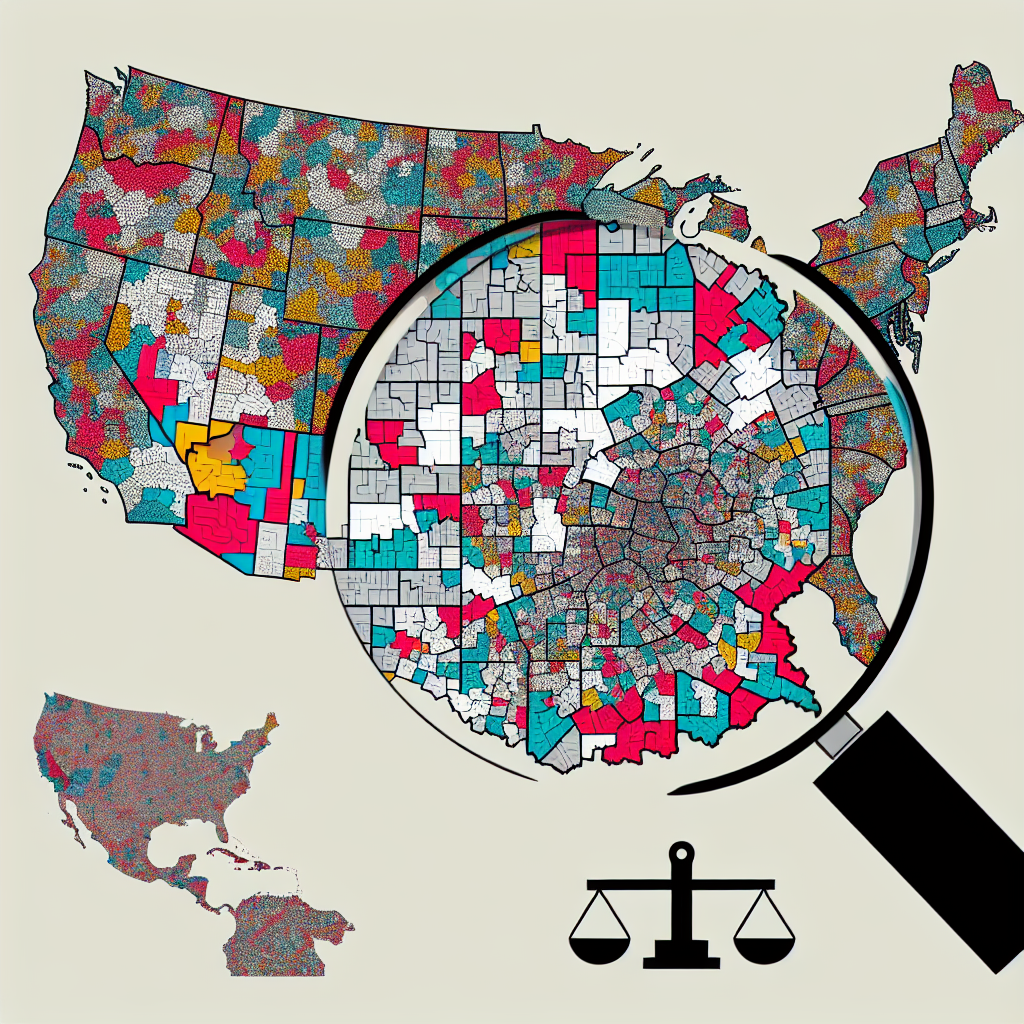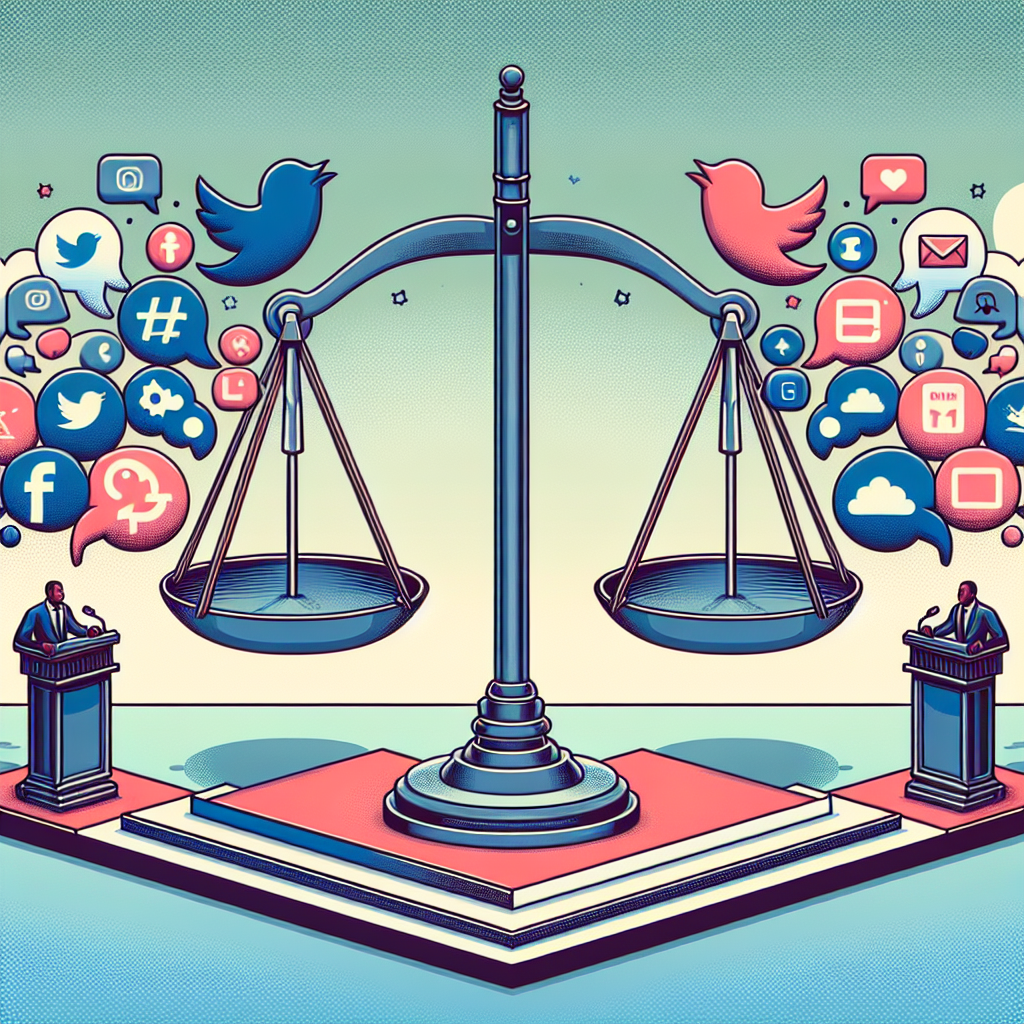
How Social Media Influences Political Debate Perception
In recent years, social media has transformed the landscape of political discourse, significantly shaping how debates are perceived and discussed. As we enter 2025, platforms like Twitter, Facebook, Instagram, and TikTok continue to play pivotal roles, not just in facilitating conversation but also in shaping the narrative around political issues. The combination of instant communication and vast reach has made social media an essential tool for political influence, enabling users to engage with and respond to political debates in real time. This article explores how social media influences political debate perception, focusing on the dynamics of public engagement, misinformation, and the role of algorithms.
Understanding the Mechanics of Social Media Influence
Social media platforms operate on algorithms designed to maximize engagement. These algorithms prioritize content that generates strong emotional responses, which, in turn, leads to increased sharing and engagement. The irony here is that the most divisive or sensational content often garners more attention than fact-based discussions. This process can skew public perception of political debates, as nuanced arguments may be overshadowed by more inflammatory or simplistic narratives. In 2025, the amplification of extreme viewpoints has been solidified by advancements in AI and data analytics, which allow political entities to target users with tailored content that appeals to their biases.
Moreover, the user-generated nature of content on social media means that everyone has the potential to become a ‘content creator.’ This democratization of information dissemination allows ordinary citizens to share their opinions and experiences; however, it also means that the line between credible sources and misinformation has become increasingly blurred. Individuals might encounter tweets or posts that seem legitimate but are rooted in misinformation, leading to a distorted understanding of political debates. As we continue to navigate this landscape, it is vital for users to develop critical media literacy skills to discern credible information from falsehoods.
The Polarization of Public Opinion Through Social Media
The phenomenon of echo chambers—environments where individuals are exposed only to information that reinforces their existing beliefs—is prevalent on social media. In 2025, this issue has escalated as algorithms increasingly filter content according to user preferences. Instead of challenging views or broadening horizons, social media can create insular communities, where users only interact with like-minded individuals. This not only polarizes public opinion but also strengthens group identities and partisanship, making it more difficult for constructive dialogue to occur across political divides.
Research indicates that this polarization has far-reaching implications for the dynamics of political debates. When individuals are shielded from opposing viewpoints, they become more entrenched in their beliefs, reducing their willingness to engage with different perspectives. The result is a political landscape characterized by heightened animosity and diminishing opportunities for compromise. This has been particularly evident during recent elections and referendums, where social media has enabled extreme viewpoints to dominate, diverting attention from moderate voices and thoughtful deliberation.
The Role of Misinformation in Shaping Debate Perspectives
Misinformation has become one of the most significant challenges facing political discourse in the social media era. In 2025, heightened concerns about “fake news” and misleading information have prompted platforms to implement stricter policies to curb false narratives. However, these measures have yet to fully eradicate the issue. Misinformation can spread rapidly, often outpacing efforts to correct it, leading many users to base their political opinions on false premises. This is especially dangerous during election cycles, where the stakes are incredibly high, and public perception can be swayed by deceptive campaigns.
One of the most alarming trends in misinformation is the rise of deepfakes—highly convincing fraudulent videos that manipulate reality. As technology develops, deepfakes pose a unique threat to political debates, as they can misrepresent politicians’ words or actions, significantly altering public perception. In 2025, ongoing scrutiny from researchers and watchdog organizations has highlighted the necessity for stringent verification processes for video content circulated on social media to mitigate this growing threat.
Furthermore, the emotional content of misinformation often resonates more effectively with audiences than factual information. Studies show that emotionally charged content is shared more frequently, reinforcing the idea that sensationalism drives engagement. As a result, debunking false claims can be a monumental task, as users may cling to misinformation that fits their worldview more closely than more balanced and factual reporting.
The Impact of Influencers on Political Debate Perception
In the age of social media, influencers have developed a significant foothold in shaping public perceptions of political debates. By leveraging their existing followings and personal branding, these individuals can disseminate their beliefs and opinions to vast audiences. This influence is particularly powerful among younger demographics, who may be more inclined to trust recommendations from influencers over traditional media sources. In 2025, influencers often serve as intermediaries, interpreting complex political issues and translating them into digestible content for their followers.
However, the political engagement of influencers can also be a double-edged sword. While they can effectively mobilize young voters and spur discussions on important issues, the authenticity of their messages is frequently scrutinized. Critics argue that some influencers may cherry-pick issues based on trends rather than genuine belief, potentially leading their followers to misunderstand the complexities of political debates. This commodification of political engagement can result in superficial discussion, leaving important matters unexplored.
Additionally, influencers can unintentionally endorse misinformation through their vast outreach. With many influencers entering the political arena, the potential for disseminating inaccurate information increases. As political debate perception becomes entwined with influencer culture, it is crucial for audiences to approach statements from influencers critically and with an awareness of bias.
The Path Forward: Media Literacy and Civic Engagement
As we navigate the complexities of political discourse in the age of social media, fostering media literacy becomes crucial for developing informed citizens. Encouraging individuals to critically evaluate the information they consume can empower them to recognize not only misinformation but also the tactics employed by political entities—such as emotional manipulation through sensationalism. Initiatives aimed at enhancing media literacy in schools and communities are vital, as they equip individuals with the necessary skills to engage thoughtfully in political discussions.
In 2025, many organizations have risen to the challenge, creating resources and workshops tailored to different age groups to promote critical thinking and digital literacy. By emphasizing the importance of recognizing diverse viewpoints and evaluating sources for credibility, we can cultivate a generation of informed citizens ready to actively participate in political discourse. Moreover, promoting responsible social media use is essential in encouraging respectful dialogue and debate.
Engaging with a variety of perspectives can also lead to more productive debates. Online forums and community groups can serve as platforms for discussing differing viewpoints while emphasizing the importance of empathy and listening. Techniques such as structured dialogues—including active listening and moderated discussions—can facilitate greater understanding and collaboration among individuals with varying perspectives. This approach is critical in countering polarization and building connections across political divides.
Conclusion
The influence of social media on political debate perception has transformed the landscape of public discourse as we enter 2025. From the mechanics of engagement driven by algorithms to the pervasive spread of misinformation, individuals now navigate a complex media environment where political opinions can be easily formed and distorted. While influencers can mobilize and engage audiences, they also pose questions about authenticity and accuracy in political discourse. As citizens, it becomes increasingly important to foster media literacy, engage with diverse perspectives, and promote constructive debate.
By prioritizing these efforts, we can begin to mitigate the negative effects of social media on political debate perception and create a more informed and engaged citizenry. In turn, this can lead to richer discussions and a more robust democratic process that truly reflects the values and needs of society.
FAQs
How does social media contribute to political polarization?
Social media contributes to political polarization by creating echo chambers where users are primarily exposed to views that reinforce their existing beliefs. Algorithm-driven content curation can magnify these effects by filtering out opposing viewpoints, leading to increased partisanship.
What role do influencers play in political debates on social media?
Influencers have a significant role in shaping political debate on social media by leveraging their reach to disseminate opinions and mobilize their followers. Their ability to make complex political issues more accessible can foster engagement, but it can also inadvertently spread misinformation.
How can we combat misinformation on social media?
Combating misinformation on social media requires a multifaceted approach, including promoting media literacy, encouraging users to verify sources, and implementing stricter content moderation policies on platforms. Additionally, fostering a culture of critical engagement can help users evaluate the credibility of the information they encounter.
What is the importance of media literacy in today’s society?
Media literacy is crucial in today’s society as it empowers individuals to critically engage with the information they encounter, develop discerning media consumption habits, and recognize misinformation. This skills set leads to informed citizenship and promotes constructive dialogue in political discourse.
In what ways can individuals engage in constructive political discourse online?
Individuals can engage in constructive political discourse online by approaching discussions with respect, actively listening to differing viewpoints, and seeking common ground. Participating in moderated forums and structured dialogues can also promote healthy exchanges while reducing hostility in discussions.
Democracy versus Autocracy: A Global Perspective
16. Dezember 2025The Impact of Sanctions on Global Trade Dynamics
16. Dezember 2025Geopolitical Tensions in the South China Sea
16. Dezember 2025
Leave a reply Antwort abbrechen
-
Analyzing the Impact of Minor League Baseball on Major League Success
11. Dezember 2025 -
Analyzing the Effects of Gerrymandering on Electoral Outcomes
15. Dezember 2025
